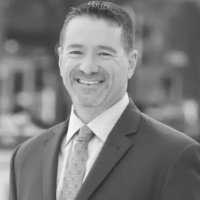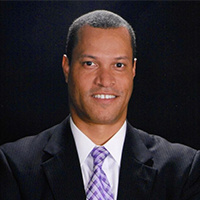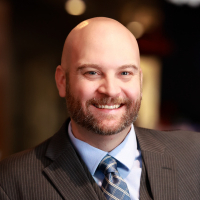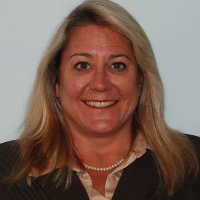Norfolk RICO Act Lawyer, Virginia
Sponsored Law Firm
-
 x
x

Click For More Info:
-
Price Benowitz LLP
409 7Th St Nw Suite 200 Washington, DC 20004» view mapCriminal Law Working Relentlessly For You
Our firm was built on the understanding that comprehensive representation does not begin and end in the courtroom.
202-600-9400
Not enough matches for Norfolk RICO Act lawyer.
Below are all Norfolk Criminal lawyers.
Brian Dunnigan
✓ VERIFIEDBrian Dunnigan advises on all aspects of Traffic Law and Criminal Law across multiple Hampton Roads, Virginia jurisdictions, including the cities of C... (more)
Daniel Jason Miller
✓ VERIFIEDDan Miller grew up in the Chesapeake area of Virginia. He attended Norfolk Collegiate School, graduating in 1985. In 1987, he earned his Associate's d... (more)
Diallo Kobie Morris
✓ VERIFIEDDiallo Morris is a practicing lawyer in Chesapeake, VA. He currently is a partner at Morris, Crawford & Currin, P.C. with offices in Chesapeake and No... (more)
Jason A. Barlow
✓ VERIFIEDJason A. Barlow was raised in the Great Bridge area of Chesapeake and attended Great Bridge High School. After graduation, he went to Old Dominion Uni... (more)
Jeffrey Cantwell Martin
✓ VERIFIEDMr. Martin received his undergraduate degree from Towson University, where he graduated summa cum laude with a host of scholarships and awards. While ... (more)
Jim Hurley
Jim Hurley has been practicing law throughout Virginia for more than two-and-a-half decades. During his career, he has tried more than 100 jury trials... (more)
Kevin Reese Pettrey
✓ VERIFIEDI am an attorney who has been practicing in Virginia since 2011, concentrating in Family Law (Divorce, Child Custody, Support, and related matters); C... (more)
Michael Carl Tillotson
✓ VERIFIEDI strongly believe that if you are accused of a DUI/DWI, you deserve the best representation possible. This includes having an attorney who knows ever... (more)
Michelle Mordue Helms
✓ VERIFIEDMichelle Mordue Helms is a distinguished DUI/DWI, Criminal Defense, Personal Injury and Family Law attorney who routinely handles cases throughout Ham... (more)
 Seth Price Washington, DC
Seth Price Washington, DC AboutPrice Benowitz LLP
AboutPrice Benowitz LLP Practice AreasExpertise
Practice AreasExpertise











